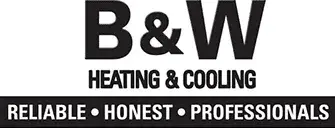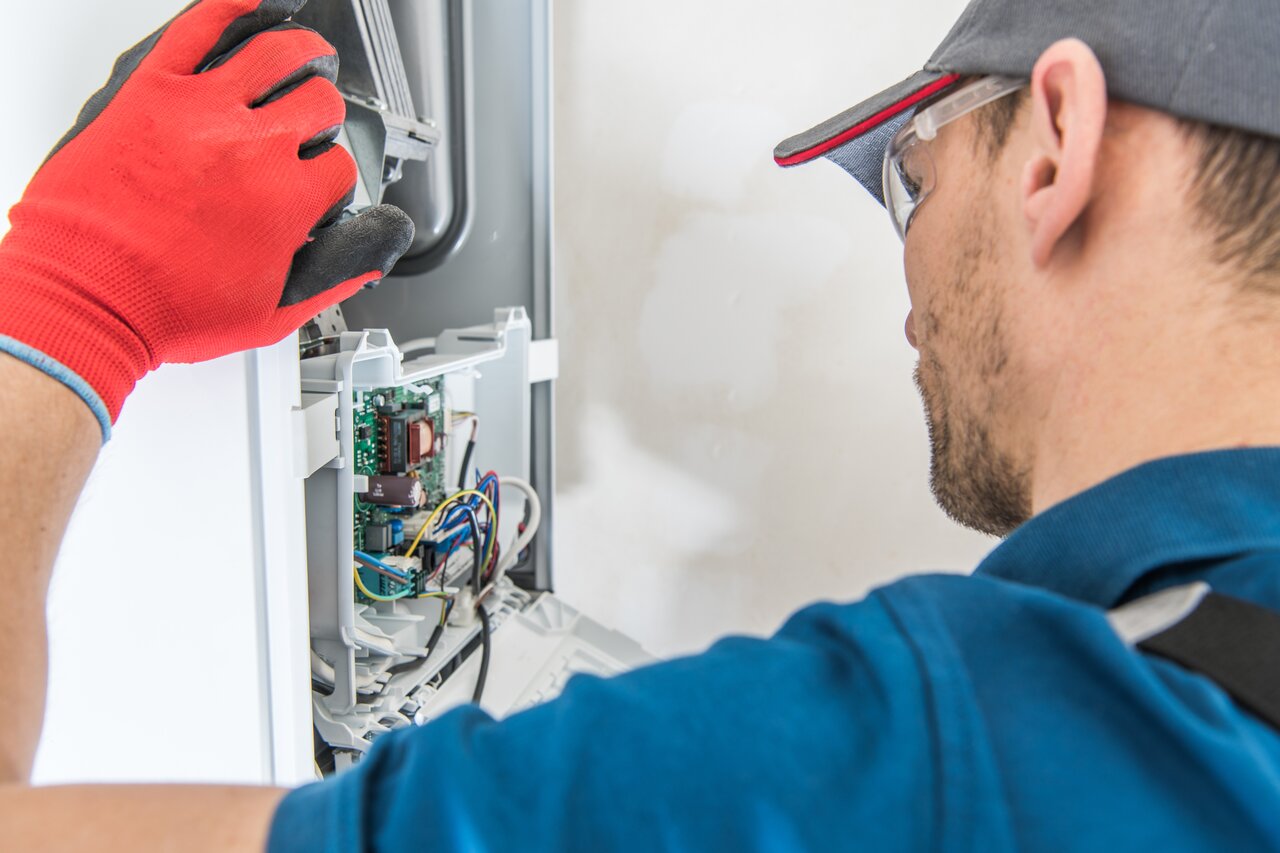Selecting the right heating system for your home is an important decision that can significantly impact your comfort, energy efficiency, and utility bills. With various types of heating systems available, understanding the key differences between furnaces, heat pumps, and boilers can help you make an informed choice that best suits your specific requirements.
Each heating system has its unique set of advantages and disadvantages, making it essential to consider factors such as climate, energy efficiency, installation costs, and maintenance requirements when selecting the right heating solution for your home. B & W Heating and Cooling, Inc.’s highly skilled professionals are here to guide you through the process and provide expert advice on choosing the optimal heating system that caters to your needs and preferences.
Explore the primary distinctions between these commonly used heating systems and offer guidance on selecting the ideal fit for your residential property in the Alton, Illinois area.
The Difference Between Furnaces, Heat Pumps, and Boilers
Furnaces are the most prevalent heating system in homes across the United States and employ forced-air technology. These systems burn fuel, such as natural gas or propane, to generate heat and utilize a blower motor to circulate warm air through your home’s ductwork and vents. Furnaces are known for their quick heat delivery, ease of maintenance, and compatibility with central air conditioning systems.
On the other hand, heat pumps provide heating and cooling capabilities, making them a versatile choice for year-round temperature control. Using refrigerant and a system of coils, heat pumps extract heat from the surrounding air or ground and transfer it into your home during colder months. In the summer, the process reverses, releasing heat from your indoor air to create a cool and comfortable environment. Heat pumps are energy efficient, especially in milder climate zones, and require less maintenance compared to furnaces or boilers.
Lastly, boilers are another popular heating option that uses hydronic technology. Instead of blowing heated air through ducts like furnaces, boilers heat water and distribute it through a network of pipes, radiators, or radiant floor systems. As the hot water or steam circulates, your home’s indoor environment becomes comfortably warm. Boilers offer several benefits, including quiet operation, consistent heat distribution, and improved indoor air quality.
Understanding Furnaces
1. Types of Furnaces
There are primarily two types of furnaces commonly found in residential properties – gas furnaces and electric furnaces. Gas furnaces use natural gas or propane as fuel to generate heat and are known for their high energy efficiency, lower operating costs, and powerful heating capability. On the other hand, electric furnaces rely on electricity to heat their heating elements and distribute warm air throughout your home. Although electric furnaces are typically cheaper to install and require less maintenance, their operating costs can be higher due to the price of electricity.
2. Furnace Efficiency Ratings
Every furnace comes with an Annual Fuel Utilization Efficiency (AFUE) rating, which indicates how efficiently it converts fuel into heat. The higher the AFUE rating, the more energy-efficient the furnace. Modern furnaces that are designed to be energy-efficient use advanced technology, such as sealed combustion and condensing processes, to optimize their energy consumption. This leads to a high level of efficiency, with the furnaces achieving ratings that are considered to be very good. Our professionals can help you select the right furnace with a suitable efficiency rating for your home’s heating needs.
3. Furnace Maintenance and Lifespan
Proper maintenance is crucial for ensuring the longevity and efficiency of your furnace. Scheduling regular inspections and tune-ups with our professionals can help you identify potential issues, maintain peak performance levels, and prolong your furnace’s life. On average, a well-maintained furnace can last anywhere between 15 to 20 years.
Exploring Heat Pumps
1. Air-Source and Ground-Source Heat Pumps
Heat pumps are available in two configurations – air-source and ground-source (also known as geothermal). Air-source heat pumps extract heat from the outdoor air, while ground-source heat pumps rely on the stable underground temperature to capture and transfer heat. Ground-source heat pumps are considered highly efficient due to the consistent ground temperature throughout the year, but often entail more significant upfront installation costs.
2. Heat Pump Efficiency Ratings
Heat pump efficiency is measured using the Coefficient of Performance (COP) for heating and the Seasonal Energy Efficiency Ratio (SEER) for cooling. A higher COP and SEER rating indicates better energy efficiency. When selecting a heat pump, our professionals can guide you in choosing an energy-efficient model that aligns with your specific heating and cooling requirements.
3. Heat Pump Maintenance and Lifespan
Heat pumps generally require less maintenance compared to furnaces and boilers. Annual or biannual maintenance visits by our technicians are advised to ensure your heat pump’s optimal performance and longevity. A well-maintained heat pump can last between 10 to 15 years, with ground-source heat pumps offering an even longer lifespan of up to 25 years.
Examining Boilers
1. Types of Boilers
Two main types of boilers are used in residential properties – conventional (non-condensing) and condensing boilers. Conventional boilers provide standard efficiency levels by heating water and losing some heat through the flue gases. On the other hand, condensing boilers recover additional heat by condensing water vapor from the flue gases, resulting in higher efficiency ratings.
2. Boiler Efficiency Ratings
Boiler efficiency is also measured through the AFUE rating system. Conventional boilers usually have lower AFUE ratings, while condensing boilers typically have higher ratings. Opting for a high-efficiency boiler recommended by our professionals can save on energy expenses and reduce your environmental impact.
3. Boiler Maintenance and Lifespan
Regular maintenance is crucial for your boiler’s optimal operation and longevity like other heating systems. Annual maintenance visits by our experienced technicians can help you maintain your boiler’s performance and prolong its lifespan. Boilers are generally known for their extended durability, with many well-maintained units lasting 20 years or even longer.
Conclusion
Furnaces, heat pumps, and boilers each offer unique benefits and considerations when it comes to residential heating. By understanding the key differences between these systems and weighing factors such as efficiency ratings, maintenance requirements, and overall costs, you can make an informed decision that meets your home’s heating needs.
As a reliable HVAC company in Alton, IL, and surrounding areas, we at B & W Heating and Cooling, Inc. are here to offer expert guidance and assistance in selecting the perfect residential heating system for your home. Whether you’re considering a furnace, heat pump, or boiler, contact us today for exceptional service and a worry-free installation process!


